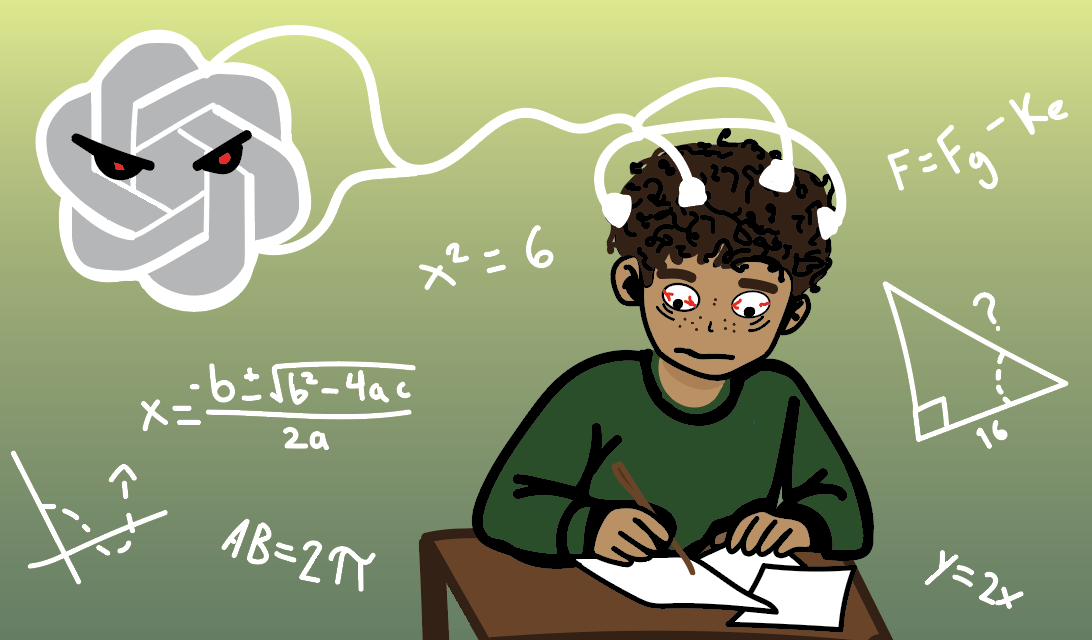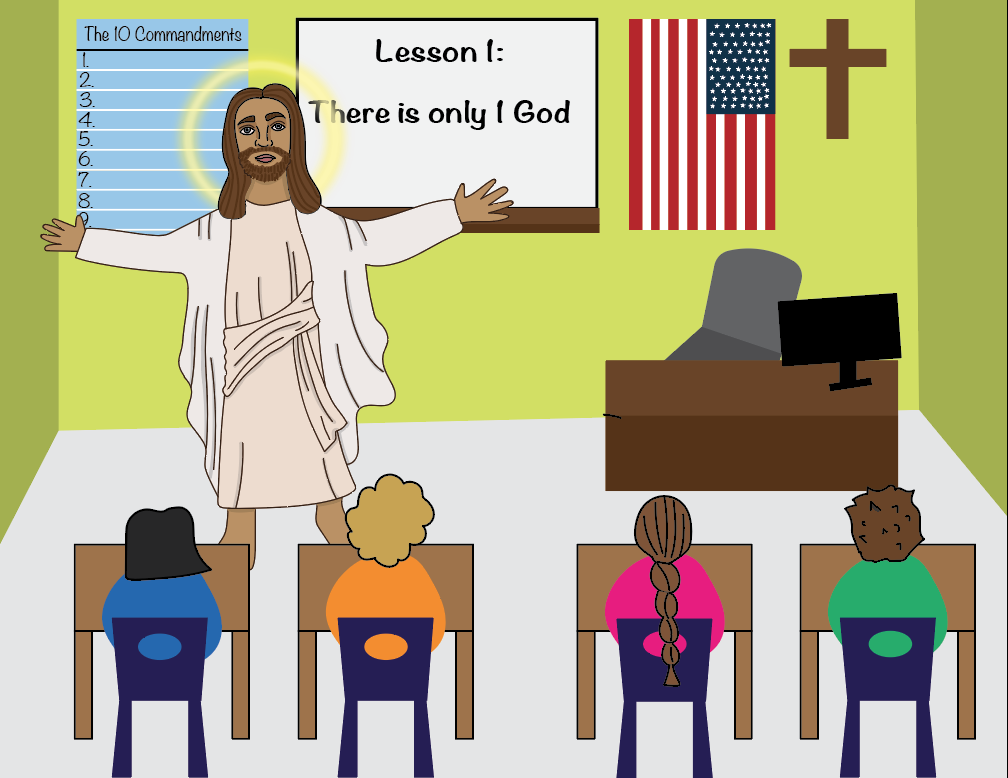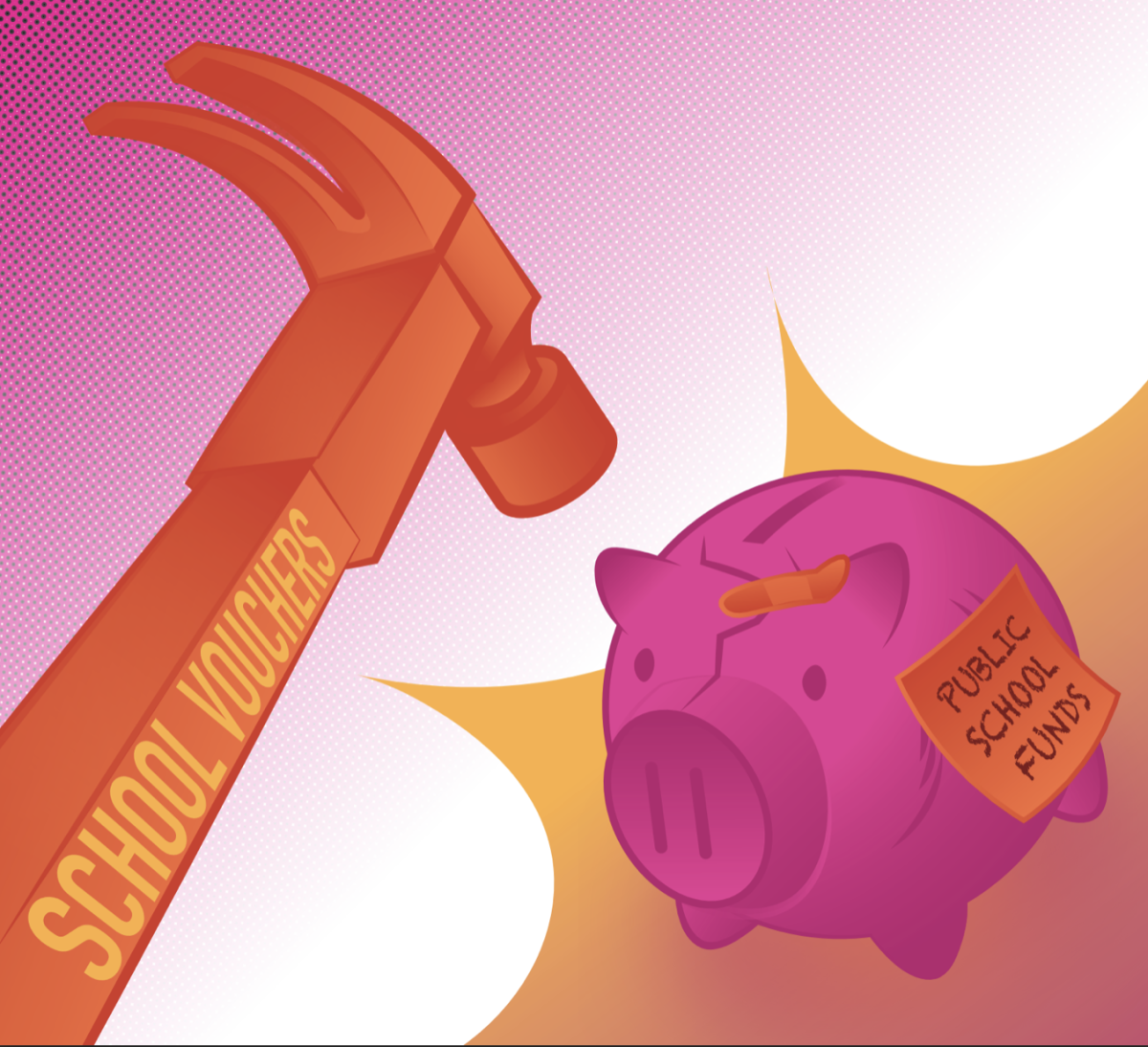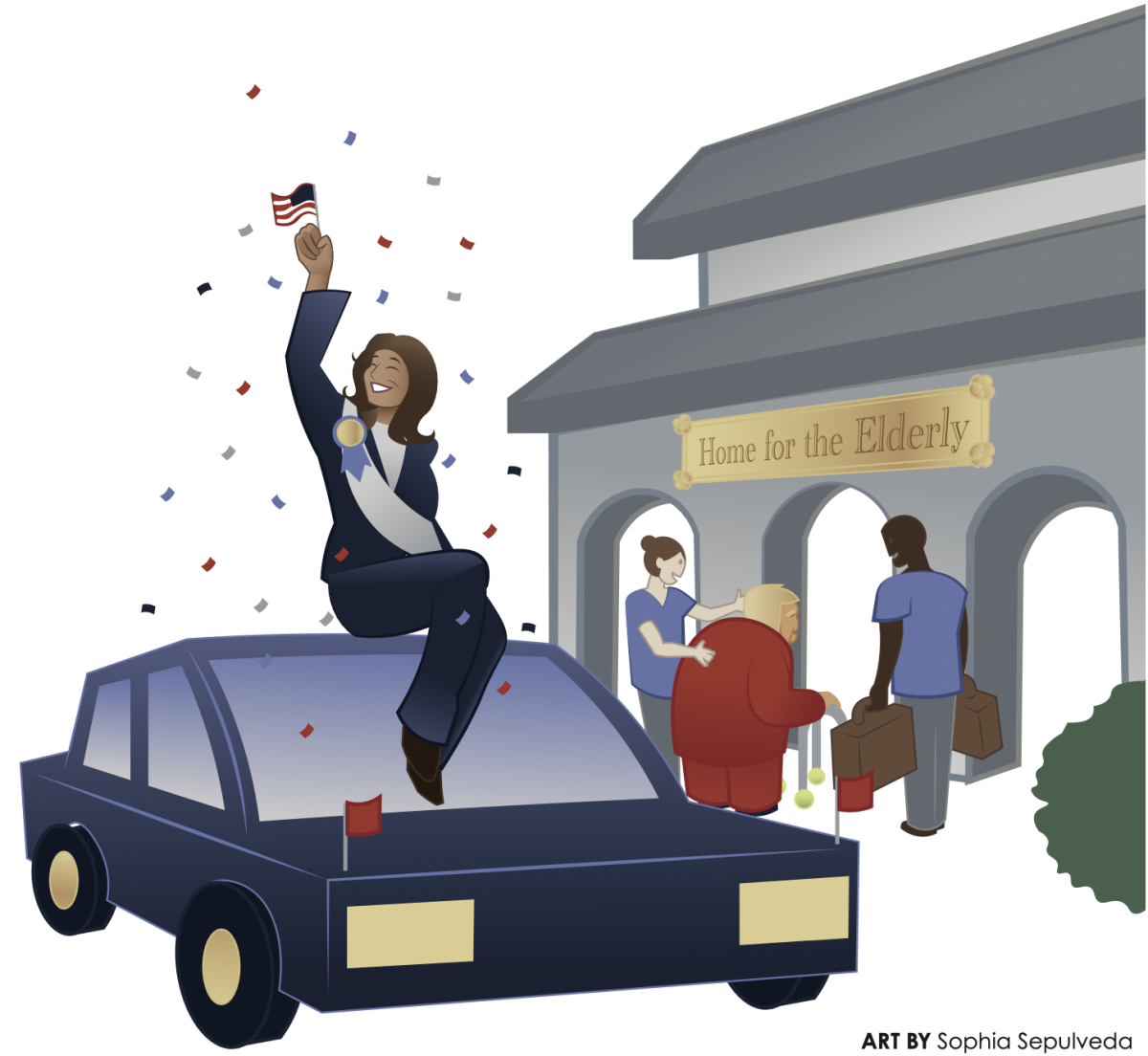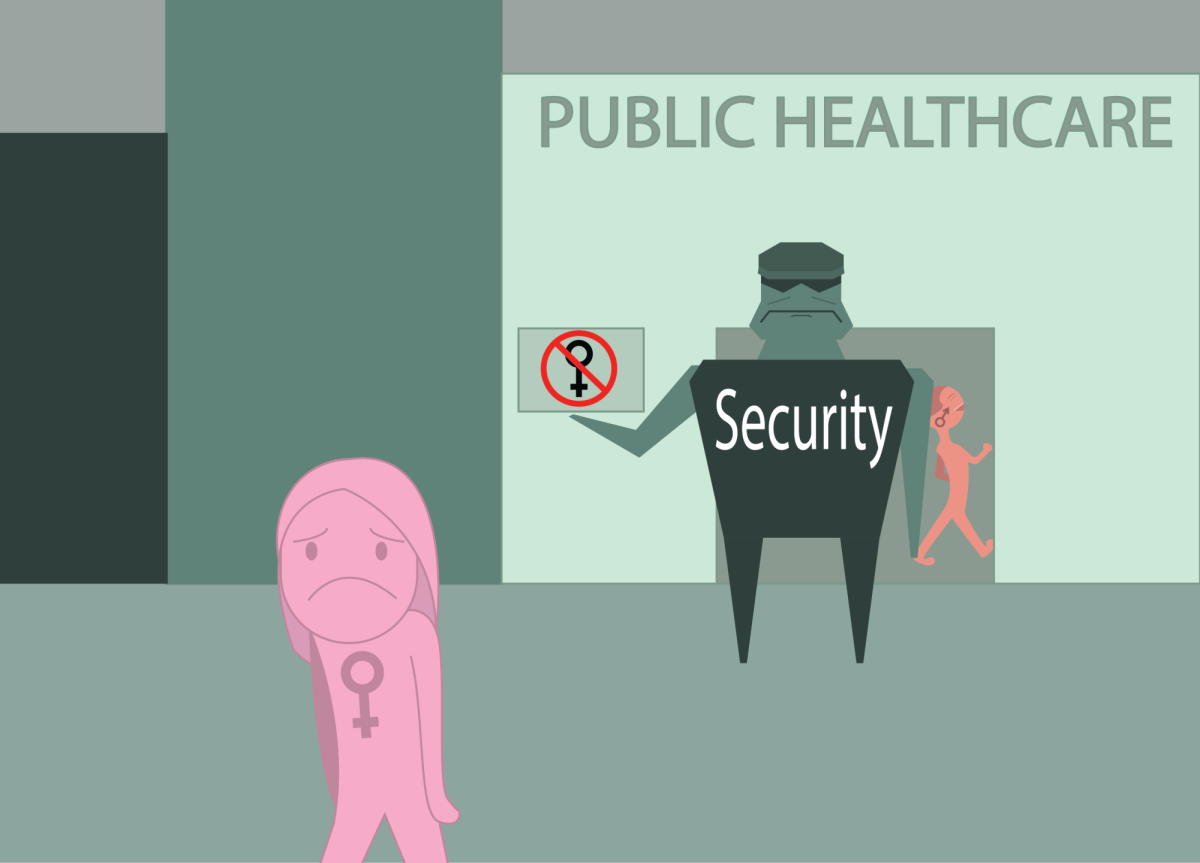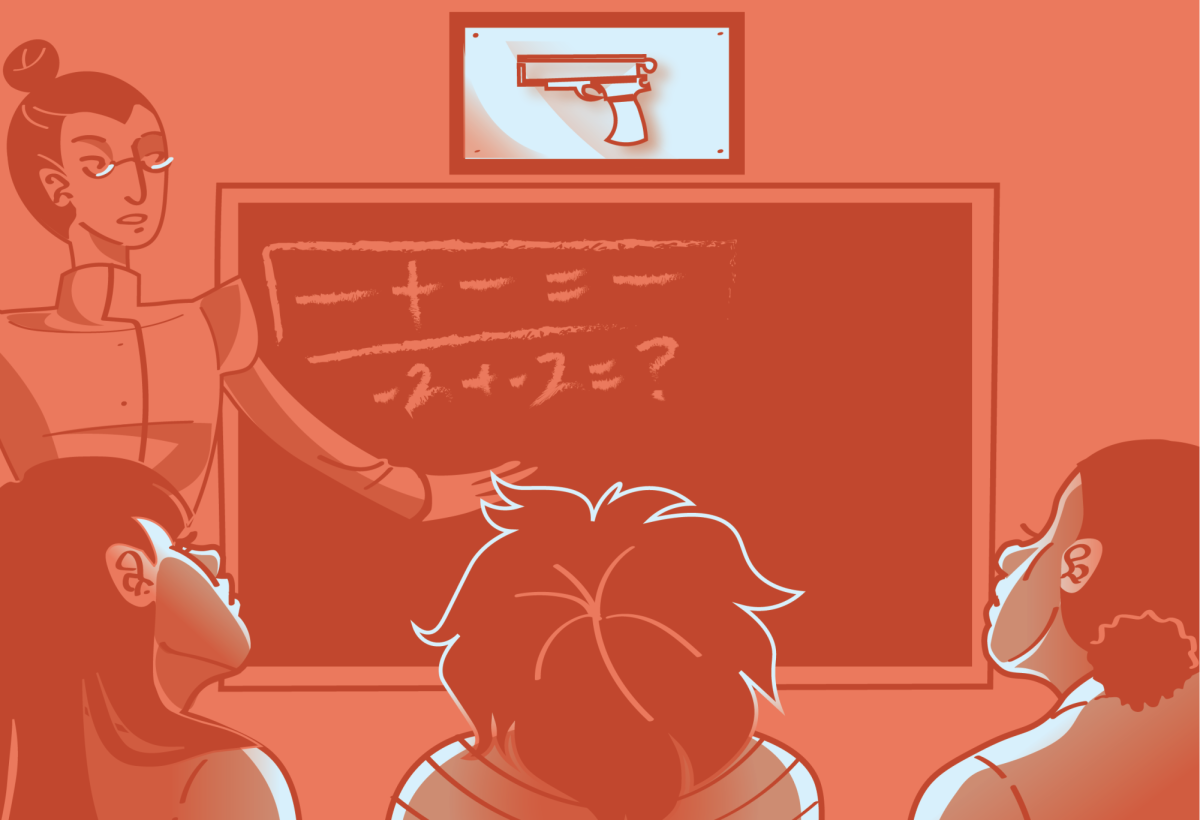The college applications process can cause a person to experience many mixed emotions from excitement and anticipation, to anxiety and dread. High school seniors who choose to apply to college are faced with various pressures while completing this daunting process. Students who don’t receive guidance from a guardian or advisor are often left feeling overwhelmed and unsure of where to begin. Without someone to rely on for advice concerning writing college essays, filling out the FAFSA, or mapping out goals for their education, students may feel less empowered to pursue a higher education.
Most high schools do provide a college and career counselor for their students. However, it can be difficult for every student to receive the assistance they need because they are one of hundreds of students in line to get the help offered by an advisor. Additionally, students need more encouragement to make appointments and meet with their advisor periodically throughout high school. To address these issues, secondary schools should provide more resources for students to receive advising during their college application process.
Giving students more assistance while they are applying to college can help make this process more equitable, especially for lower income students. While some families are able to hire a college advisor who can help with crafting an effective essay, applying for financial aid, and finding scholarship opportunities, the cost of these services often makes them inaccessible to economically disadvantaged students. That said, if high schools more actively encourage students to connect with their college counselor, they can receive support which will allow them to produce successful applications, and receive information about financial assistance which may be crucial to their ability to attend college.
Furthermore, not all students are able to receive guidance from parents or guardians while completing their applications. According to The Clay Center for Young Healthy Minds, aspiring first generation college students often face significant obstacles while applying for college, including having limited knowledge about how to go about completing their applications and having a more difficult time getting their financial needs met because their parents have not had the experience of going through this process themselves. If students are unable to get the help they need from their school because it does not provide the level of assistance they require, this may deter some individuals from even applying to college.
Finally, making more time for college planning while a student is in high school can make a big difference in their success after they’ve graduated. According to The Princeton Review, an advisor can be instrumental in helping students craft competitive applications and finding schools where they will be able to pursue their future goals. High schools should start facilitating connections between college counselors and students beginning in their freshman and sophomore years. This will give advisors a better understanding of who they are helping so they can give guidance tailored to each individual student’s needs.
Some may argue that it is unnecessary to provide so much assistance to students who are on their way to becoming adults. However, according to a report by the National Association for College Admission Counseling (NACAC), meeting one-on-one with an advisor can double the likelihood a student will attend a four-year college.
Students who wish to attend college should not be hindered because their high school does not provide the resources they need to fulfill this aspiration. As stated in a report by the NACAC, only around 33% of public schools in the nation provide students with a college counselor. To combat this issue, schools should be allocated more funding from state governments to offer students who wish to pursue a higher education more adequate guidance. More funding from state governments should also go towards hiring a certain number of college counselors depending on size of the student body on high school campuses to effectively meet everyone’s needs.
Even in this day and age, many obstacles continue to get in the way of a student’s fundamental right to education. No one should face additional barriers to the already difficult college applications process because their high school fails to provide the resources necessary for their success.





